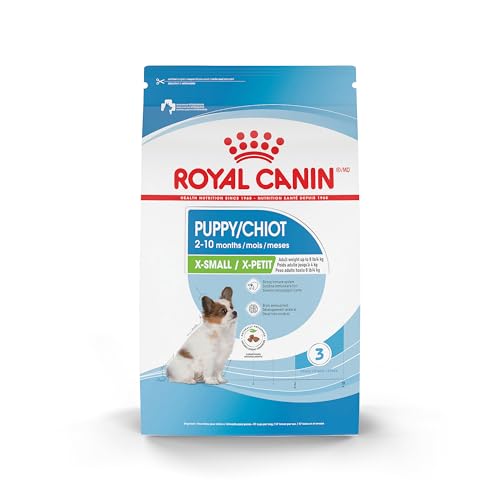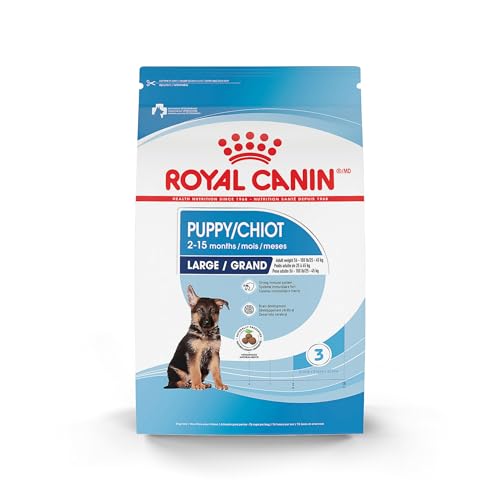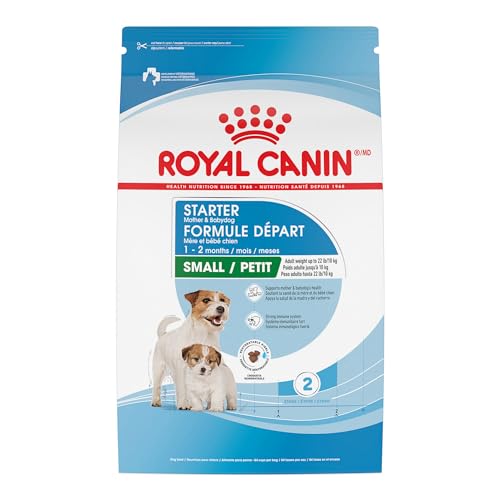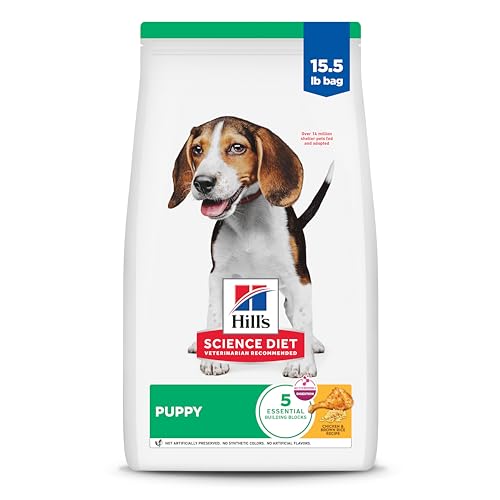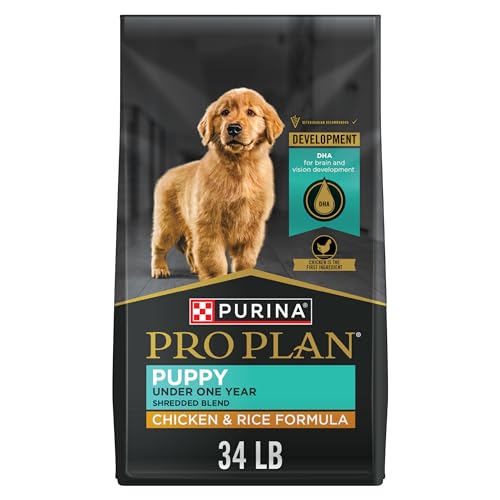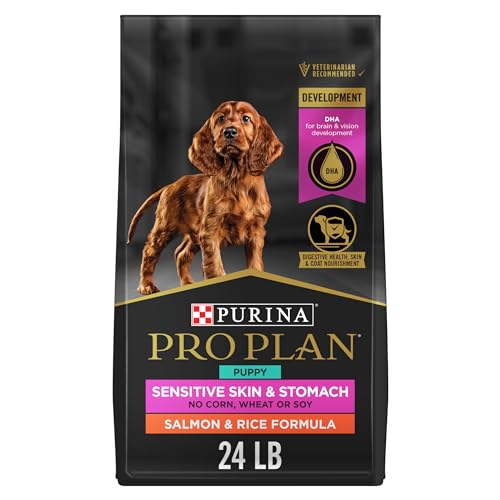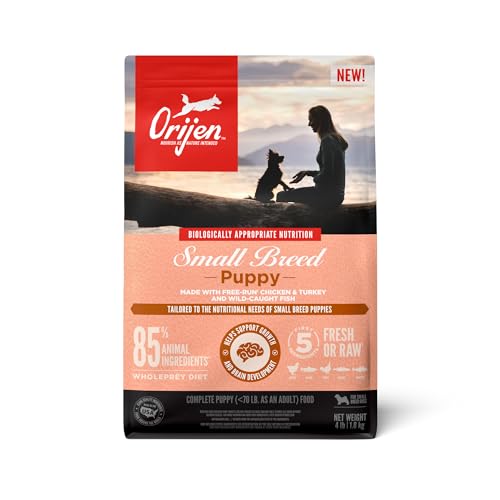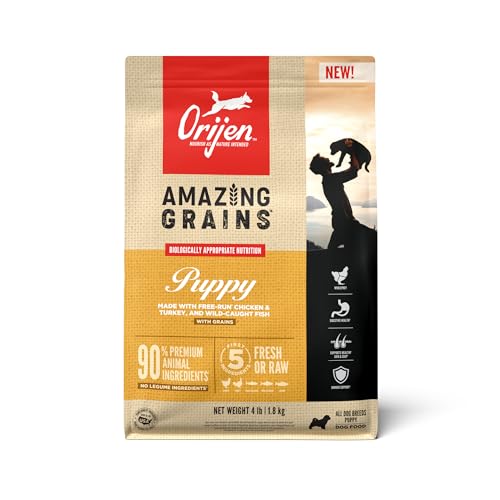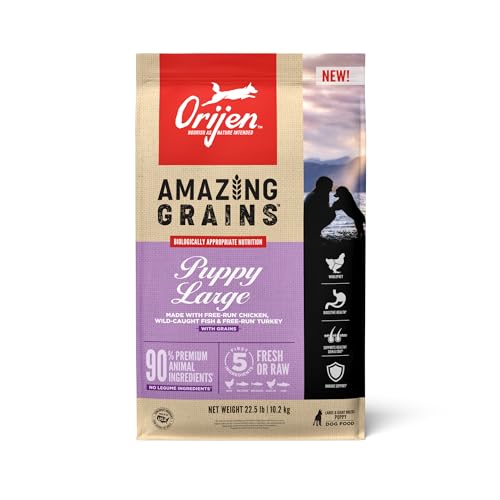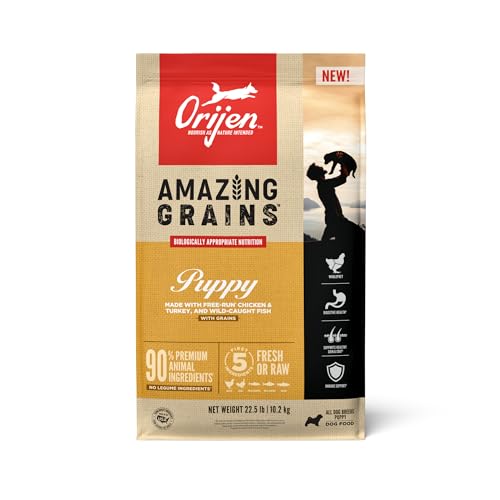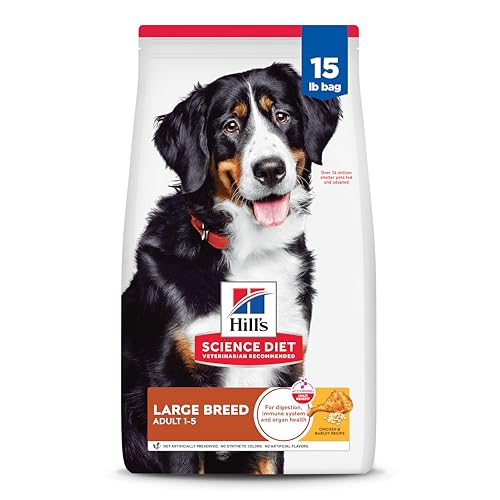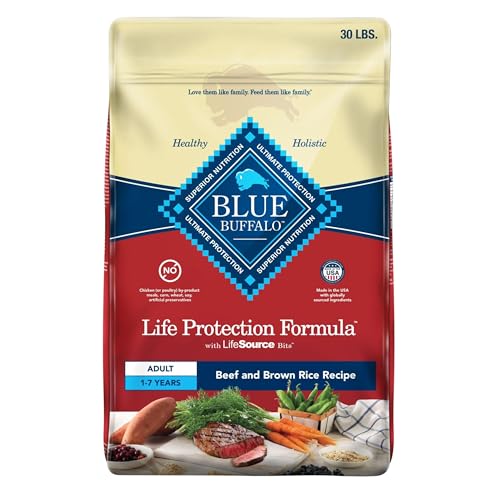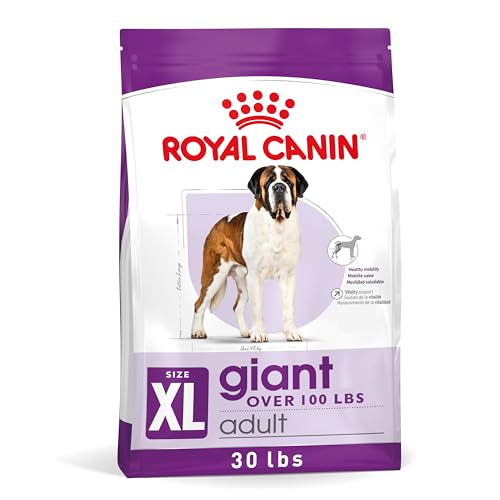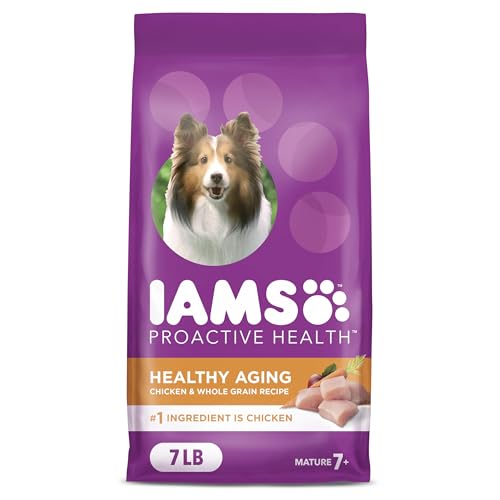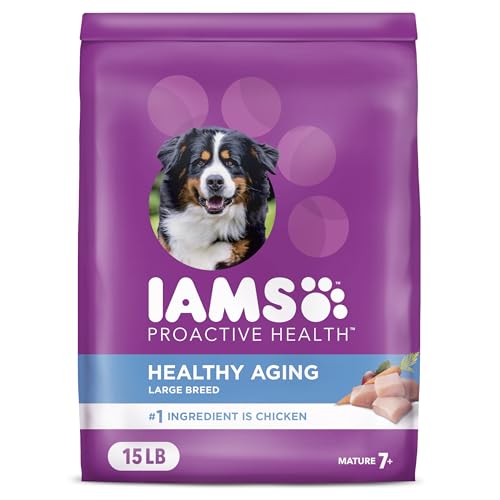
Understanding Nutritional Needs: Puppies vs. Adult Dogs
The nutritional needs of dogs vary significantly between puppies and adult dogs due to their differing stages of growth and development. Puppies experience rapid growth and require a diet rich in essential nutrients to support their physical and cognitive development. They need more calories than adult dogs to fuel their energetic lifestyles, as their bodies are growing and developing rapidly. A balanced puppy diet should include higher levels of proteins and fats, which are crucial for muscle and tissue development, as well as energy production.
In contrast, adult dogs have reached their full size and require a more stable caloric intake to maintain their health. While they still need proteins, their overall nutritional demands differ as they shift focus toward maintaining optimal body condition rather than growth. A balanced diet for adult dogs emphasizes a careful combination of vitamins, minerals, and fiber to support their health and energy levels, rather than the growth focused components demanded by a puppy diet.
The specific ingredients used in puppy versus adult dog food formulations also play an essential role. Puppy food often contains higher levels of DHA, an omega-3 fatty acid that is important for brain and eye development, as well as minerals like calcium and phosphorus, which contribute to strong bone formation. On the other hand, adult dog food formulations are designed to ensure that dogs maintain a healthy weight and lifestyle while receiving adequate nutrients without excess calories that could lead to obesity.
Top Puppy Diets: Recommended Products
When selecting a diet for your puppy, it’s crucial to choose products that provide the necessary nutrients for proper growth and development. A well balanced puppy diet should contain essential proteins, carbohydrates, fats, vitamins, and minerals. Here are some recommended products that meet these criteria:
Royal Canin Puppy Food – This product offers tailored nutrition based on your puppy’s breed size. It features high quality protein sources and a blend of antioxidants to support the developing immune system. The kibble size is specially designed to encourage puppies to chew, improving digestion. The inclusion of DHA from fish oil aids in brain development, making it a comprehensive choice for puppies.
Hill’s Science Diet Puppy Food – Formulated with DHA from fish oil, this puppy food promotes healthy brain development. Its balanced protein level aids in muscle growth, while barley provides digestible carbohydrates for energy. Ingredients are carefully selected to ensure rich nutrition while being palatable to young dogs. Hill’s Science Diet has a strong reputation among veterinarians, which adds to its credibility in the canine health arena.
Purina Pro Plan Puppy Food – This formula focuses on cognitive health, featuring enhanced botanical oils that help support a puppy’s mental sharpness. With real chicken as the primary ingredient, it ensures a high protein diet, while the inclusion of live probiotics aids in digestion. This high protein dog food is crafted with input from hundreds of scientists, including veterinarians and nutritionists, and meeting WSAVA (World Small Animal Veterinary Association) guidelines.
Orijen Puppy Food – This brand has gained popularity due to its focus on fresh, regional ingredients. Their puppy formula boasts an impressive composition of protein rich ingredients and is designed to mirror a puppy’s natural diet. With a high percentage of meat and fish, Orijen provides the essential nutrients required for vigorous growth, making it a premium choice for conscientious pet owners.
Top Adult Dog Diets: Recommended Products
Choosing the appropriate diet for adult dogs is paramount for maintaining their health and well being. Adult dogs require a balanced diet that supports their metabolism, keeps their weight in check, and provides essential nutrients for long term wellness. Here are some of the recommended products that cater to various needs of adult dogs.
Hill’s Science Adult Dog Food – This premium dog food is not only great for puppies, it is also great for adult dogs as well. It is formulated with high quality protein to maintain lean muscle mass. It features natural ingredients, including chicken, and is rich in omega-6 fatty acids for healthy skin and coat. The blend of vitamins and minerals supports overall health and energy levels, making it suitable for active dogs.
Blue Buffalo Adult Dog Food – Known for its protein rich formulation, Blue Buffalo utilizes real meat as the first ingredient. This product also contains wholesome whole grains, fruits, and vegetables to provide fiber and essential nutrients. It is free from artificial preservatives and uses a unique blend of antioxidants to strengthen the immune system.
Royal Canin Adult Dog Food – Just as it was mentioned earlier in the puppy food section, this brand is also great for adult dogs as well. It is tailored to meet the specific needs of various dog sizes, this diet promotes optimal health based on the dog’s size, age, and lifestyle. Each formula contains targeted nutrients to support good digestion and maintain healthy joints. The kibble design also encourages chewing, promoting dental health.
Iams Proactive Health Dog Food – Iams is specifically crafted for active adult dogs, offering a blend of nutrition tailored to support their energetic lifestyle. It offers a spectrum of dry and wet dog food formulas designed for different life stages and health needs. Iams uses real meat as their primary ingredient, use no artificial flavors or preservatives, and add digestive support through natural fiber and prebiotics like beet pulp. If your dog is energetic and needs a reliable, ready to feed kibble that supports active muscles, metabolism, and joint health, Iams is a solid budget conscious choice.
Key Differences in Diet and Feeding Practices
When comparing the dietary needs of puppies and adult dogs, several key differences become evident. Puppies undergo rapid growth and development, necessitating a high-calorie diet rich in nutrients to support their expanding bodies. In contrast, adult dogs typically require fewer calories due to their more stable size and energy levels. Consequently, the frequency of meals is also different; puppies often benefit from being fed three to four times a day, while adult dogs are usually content with one or two meals per day.
Portion sizes are another critical aspect of feeding practices. A puppy’s portion sizes need to be adjusted according to their age, breed, and activity level to prevent obesity or undernourishment. Conversely, adult dogs may require a more consistently measured portion to maintain their ideal body condition. It is essential to consult with a veterinarian to tailor a dog’s diet, ensuring it meets the individual nutritional needs based on their specific life stage and health status.
Ultimately, understanding the differences in dietary needs and feeding practices is vital for ensuring that both puppies and adult dogs receive optimal nutrition throughout their life stages. By adhering to recommended feeding guidelines and consulting with professionals, pet owners can support their dogs’ health effectively.


